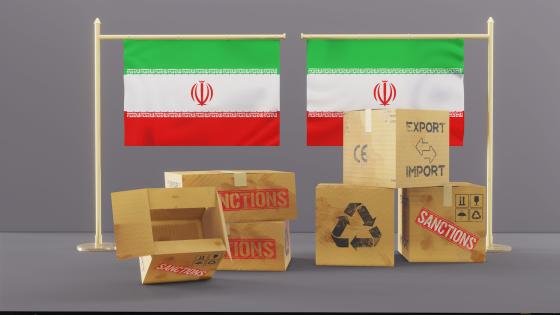DP11713 The Political Economy of Weak Treaties
In recent decades, democratic countries have signed hundreds of international environmental agreements (IEAs). Most of these agreements, however, are weak: they generally do not include effective enforcement or monitoring mechanisms. This is a puzzle in standard economic models. To study this phenomenon, we propose a positive theory of IEAs in which the political incumbents negotiate them in the shadow of reelection concerns. We show that, in these environments, incumbents are prone to negotiate treaties that are simultaneously overambitious (larger than what they would be without electoral concerns) and weak (might not be implemented in full). The theory also provides a new perspective for understanding investments in green technologies, highlighting a channel through which countries are tempted to rely too much on technology instead of sanctions to make compliance credible. We present preliminary evidence consistent with these predictions.

